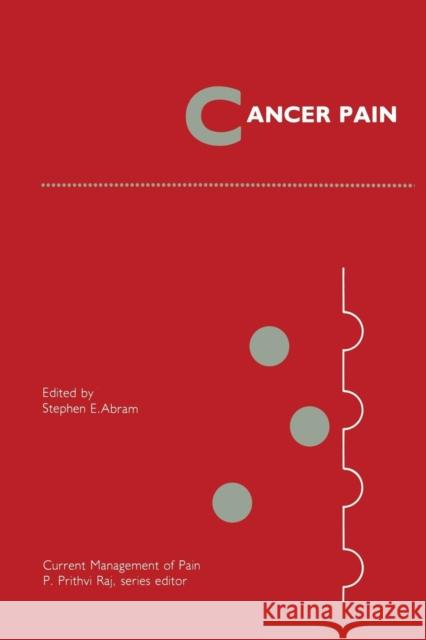Cancer Pain » książka
Cancer Pain
ISBN-13: 9781461282235 / Angielski / Miękka / 2011 / 192 str.
The diagnosis of cancer inspires fear, in part because of the high mortality rate associated with most malignancies, and in part because of the perception that cancer is a painful disease. Recently compiled statistics tend to support patients' fears. Pain is a major symptom in 70% of patients with advanced cancer 1]. Half of all patients undergoing anticancer therapy experience pain 2]. It has been estimated by members of the World Health Organization that 3. 5 million people worldwide suffer from cancer pain. One study of the severity of cancer pain estimates that pain is moderate to severe in 50% of cancer pain patients, very severe or excruciating in 30% 3]. An analysis of several reports of patients in developed countries estimates that 50-80% of patients had inadequate relief 2]. In underdeveloped countries, adequacy of treatment may be far lower because of lack of availability of medical facilities and legal constraints on the use of potent narcotics. The picture need not be this bleak. The reality is that, for most patients, cancer pain is relatively easy to control with simple, inexpensive measures. Several studies have indicated that cancer pain can be well controlled with oral morphine in over 90% of patients 4,5]. Long-acting orally effective opiate preparations such as time release morphine, methadone, and levorphanol allow patients to sleep comfortably through the night. When the oral route is impossible, narcotics can be administered rectally or by intravenous or subcutaneous infusion."











